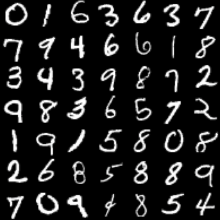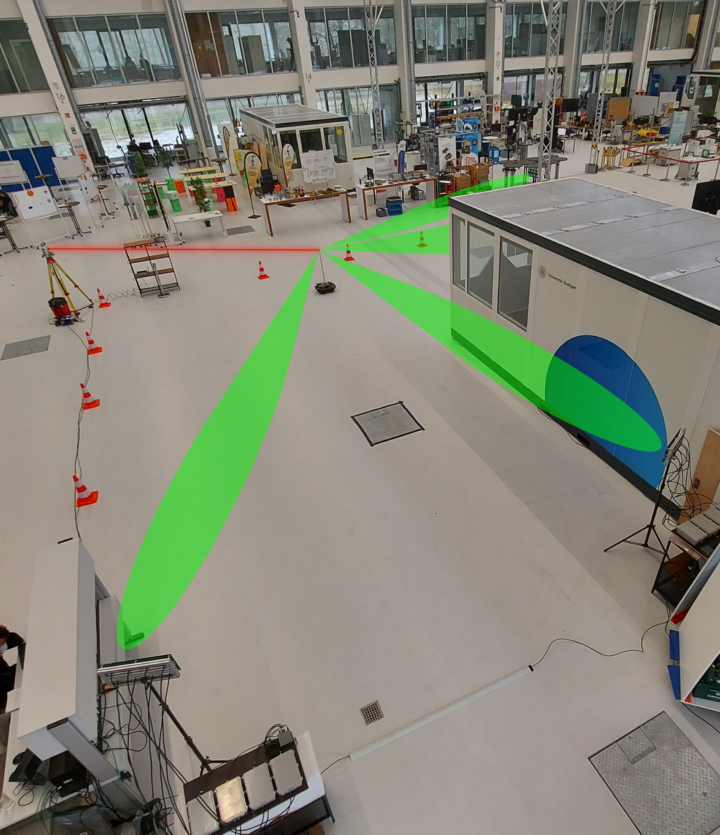Innovation requires the ability to accurately measure results and to compare methods to a set of well-defined standards. The National Institute of Standards and Technology (NIST) is a United States government agency that defines such standards to stimulate advances in science and technology. The Physikalisch-Technische Bundesanstalt or the Bundesamt für Sicherheit in der Informationstechnik could be regarded as the closest German equivalents. In the past, NIST has contributed significantly to the development of machine learning by creating reference datasets. A famous example is the so-called MNIST dataset, a labelled set of hand-written digits that is often used as a benchmark for machine learning algorithms.
Recently, NIST has started to collect wireless propagation channel measurements as part of their NextG Channel Model Alliance. Good knowledge of the electromagnetic wave propagation environment is crucial when developing wireless standards (such as, e.g., new WiFi standards or "6G"), especially when it comes to comparing research results.
At the Institute of Telecommunications, we are generating such measurements with our DICHASUS channel sounder. A channel sounder can be understood as a kind of prototype base station that does not necessarily adhere to any existing wireless standard (e.g., 5G / WiFi), but only implements a subset of the functionality of a real base station including some experimental features. In the case of DICHASUS, the special feature is its ability to be deployed in a truly distributed setup, i.e., a setup where antennas are spread across a factory floor or along a building facade and to provide channel propagation measurements for these deployments. Thanks to this unique capability, we have been asked to provide measurement datasets to the NIST NextG Channel Model Alliance, an invitation that we gladly accepted.
NIST now hosts our datasets, for use by academic research institutions as well as commercial entities.

Phillip Stephan, M.Sc.
Research Assistant
Marc Gauger, M.Sc.
Research Assistant

Florian Euchner, M.Sc.
Research Assistant




